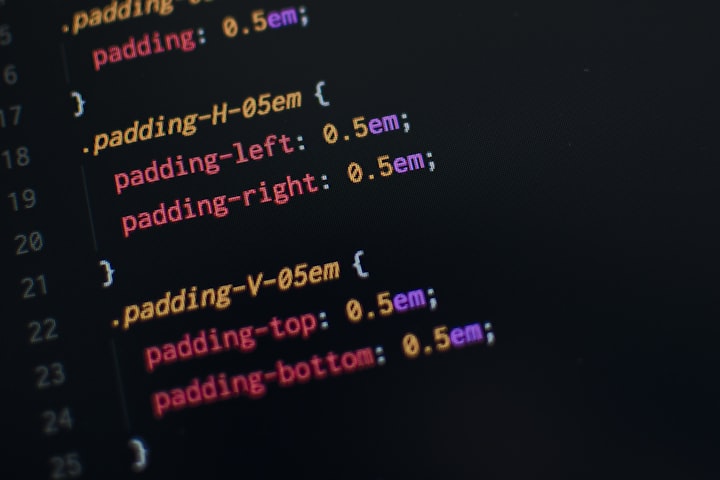How machine learning is changing the landscape of public services?
How machine learning is changing the landscape of public services?

While humans serving humans is not a story of the past yet a completely machine dependent public sector is not a far fetched idea anymore. A sustainable, less expensive system with little chance of error, is perhaps the future of public services. A number of tasks performed by today’s public servants might cease to exist as pre-trained smart machines and computers can take over. Think about the importance of post offices before the telephone arrived home! Such a change is yet to come through the introduction of machine learning in the existing infrastructure.
The ethical limitations and a path towards co-existence
Errors and mistakes define a human being the best. But an error is undoubtedly dangerous when human lives are at stake! In public services, perfection will eventually mean lesser risk, steady growth for the economy and better livelihood for an average citizen. And nothing is more proficient than the machines that we have created for assistance. Why not teach them some predetermined and harmless moves? Will it remove human errors? The answer is yes! But should it replace humans completely? Still remains the million-dollar question!
Machine learning, however, can be prevented from making machines independent. In the case of artificially intelligent equipment, the machine is allowed to decide a course of action without supervision. But the amount they can learn can be decided in accordance with the demands of the time. For example, artificially intelligent cars learn through human inputs. It detects the responses of a human driver and applies the knowledge while driving on its own or while providing suggestions. Self-correcting abilities should perhaps accompany the technological prowess of future public services.
Humans are unique, can the new tech cope up?
An algorithm trained with the help of data can perform repetitive tasks better than most human beings. But the model should be flexible enough for encountering probable improvisations. Unlike the servant the ones being served are not machines. But the artificial agents can get better over time with improvisations and handle the stakeholders better each time than before. Nonetheless, till the model achieves the desired perfectness, human supervision is essential. For example, we can consider automation and protocol tools. After feeding a protocol it is up to the operator when and how to perform a task. Machines, however, do not get to control their action yet. Even artificially intelligent, able machines are not allowed to be on their own due to ethical limitations.
The problem and solution of skilled manpower
The pandemic made in-person learning next to impossible. There are quite a few institutes in the country offering machine learning online training. Though, making a decision while dodging the dangers of the internet is difficult. An extensive investigation regarding the outcome of a course should be performed before any money is even involved. Swift incorporation of machine learning in public service can only be assured by a workforce adept enough to operate and maintain the new system.
The time is ideal now for pursuing an online course in machine learning. As services and businesses are leaning towards machine learning more and more by the day, a huge requirement of skilled workers is not distant. After repeated success in various divisions and areas of public service, an expansion regarding its incorporation is soon to follow.
Blessings of machine learning
Today’s machine learning-based systems can predict where and how hard a storm will hit and calculate how much time is needed for effective evacuation. Histological diagnosis has become more efficient with the help of image recognition machine learning tools. Maybe the day is not far when a machine can prescribe drugs after analysing the metabolic and diagnostic report. Finance and farming industries are also benefiting from applied machine learning. Today it is possible to determine the soil health and weather situation of a region before even starting the plantation process. In the long run, these advantages can really manifest into blessings. Investments are now safer than before due to increased predictability, if not completely free of risk.
Author’s note
Machine learning and artificial intelligence are not completely reliable and usable for public welfare due to ethical and technological boundaries, at least for the time being. But the future awaits with more promises. Man and machine are poised to work together for easing up daily life. As data literacy increases by the day, It raises the hope of a more efficient system for almost all the public services. The most important note to be made is, no machine is completely infallible. So, trusting either of them completely with human lives is out of the question at this moment of time.
About the Creator
Saajan Sharma
Saajan Sharma likes to read and write actively on upcoming HR trends and how HR is reshaping the business landscape. He likes to help businesses stay informed and up to date with established and emerging technologies like Payroll Software.






Comments
There are no comments for this story
Be the first to respond and start the conversation.